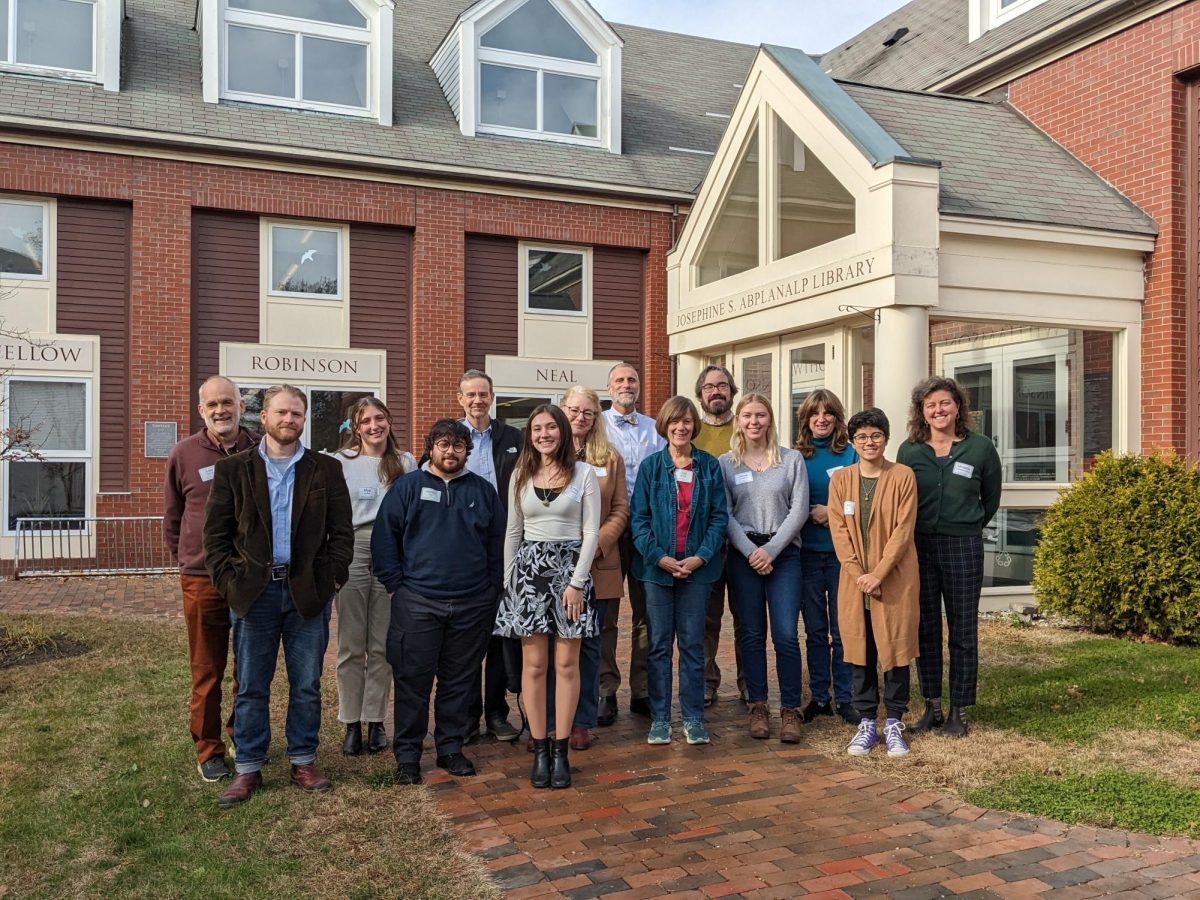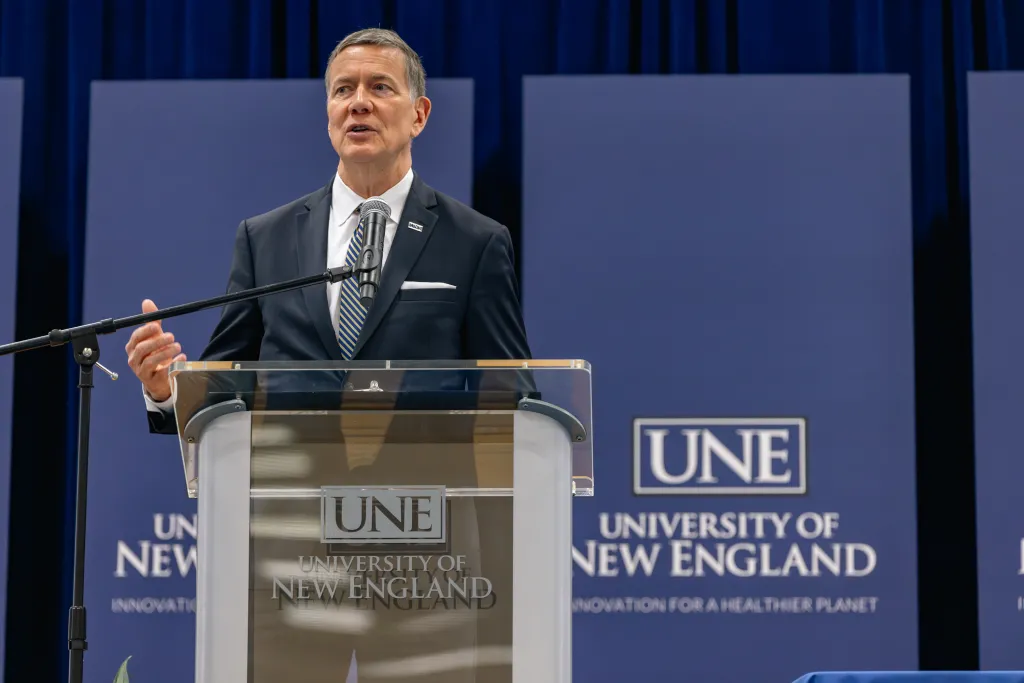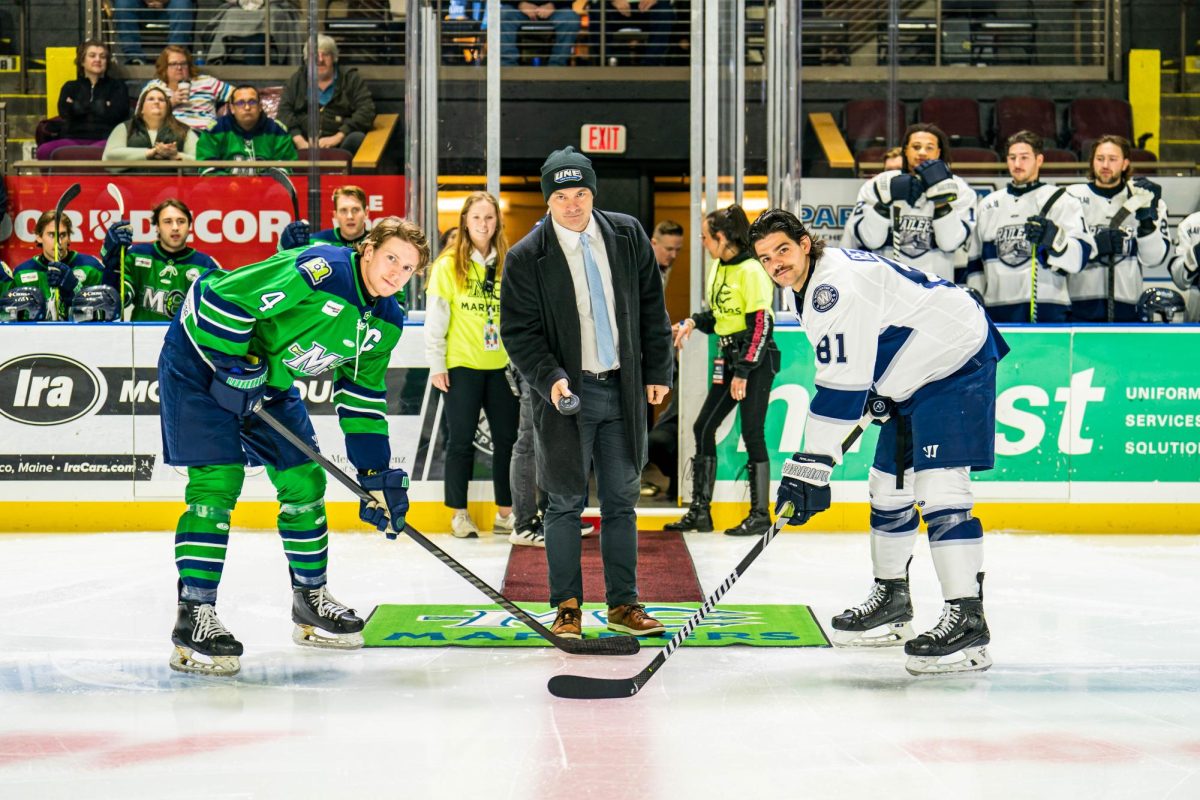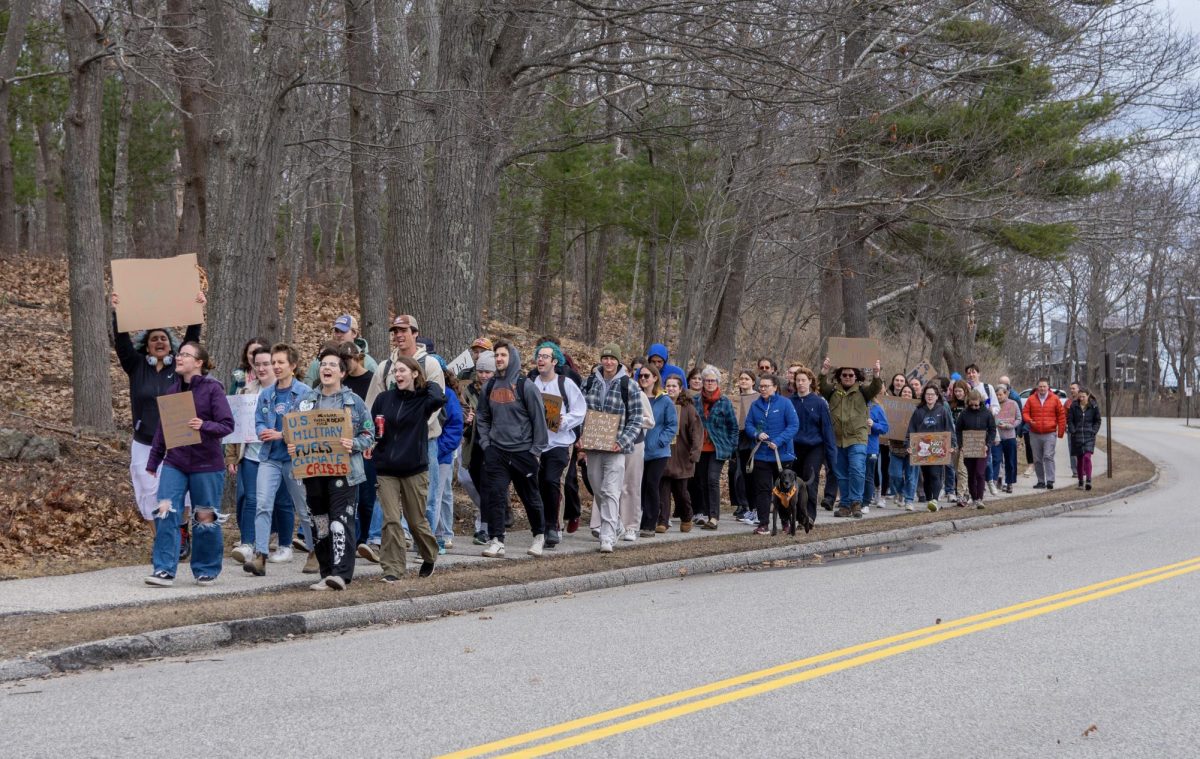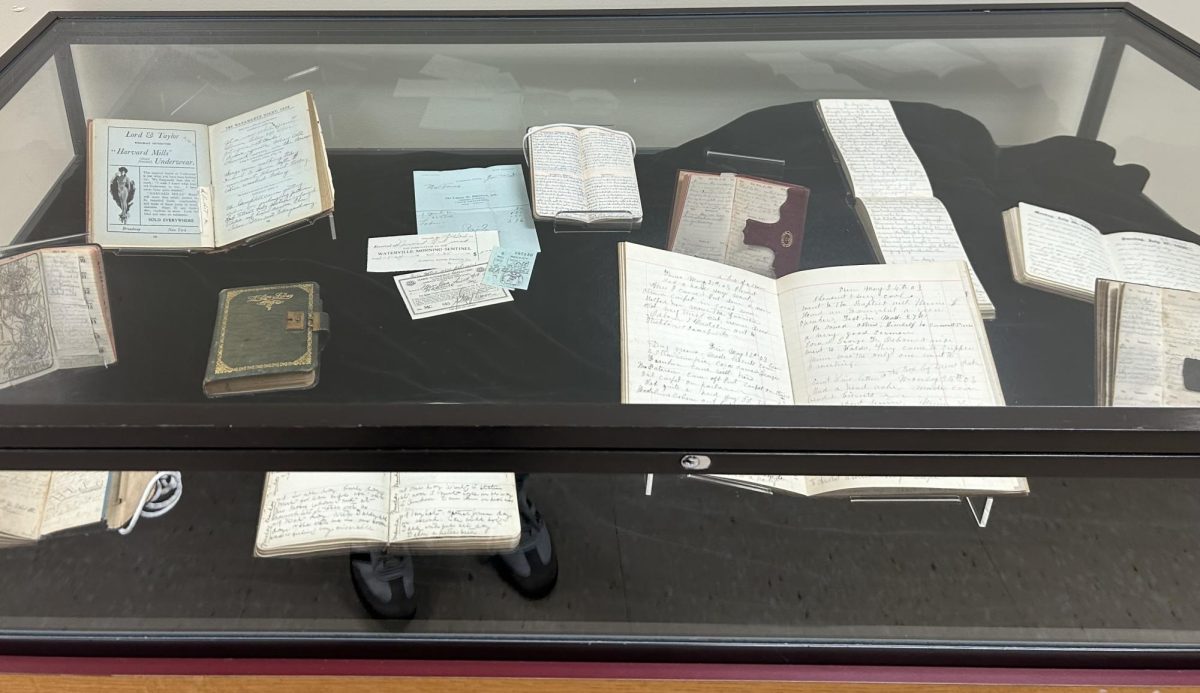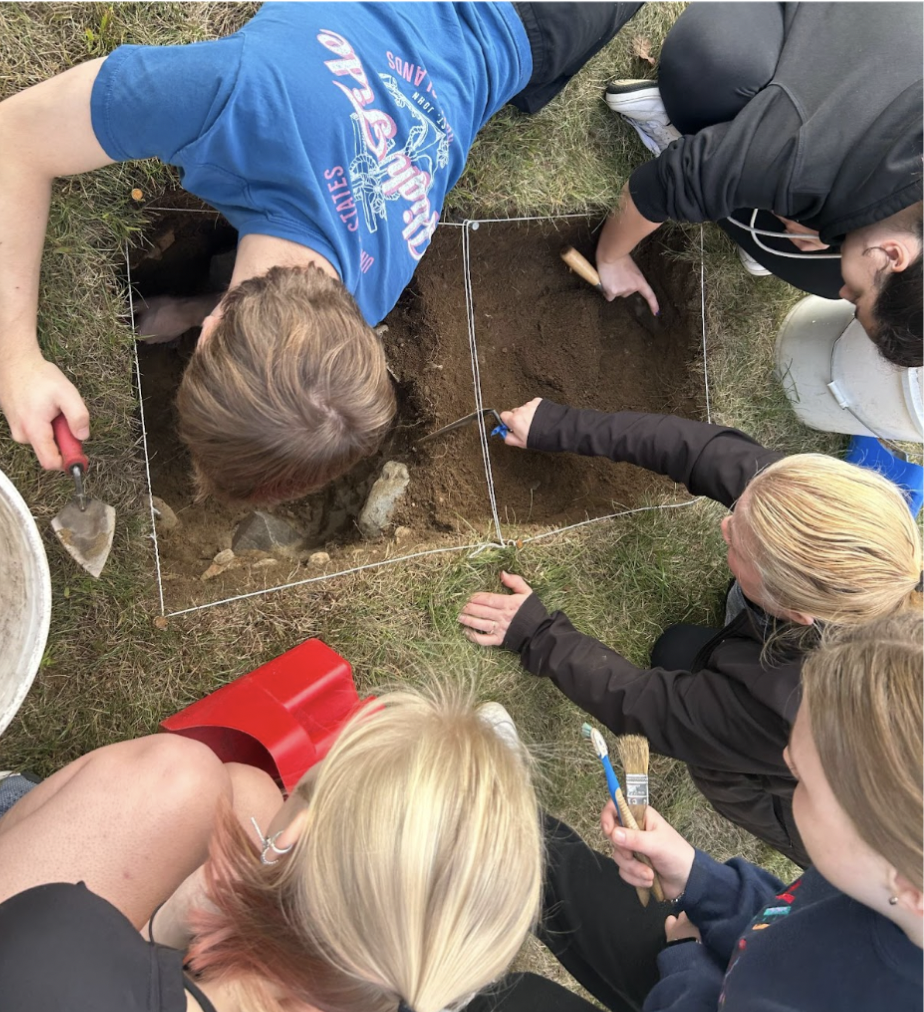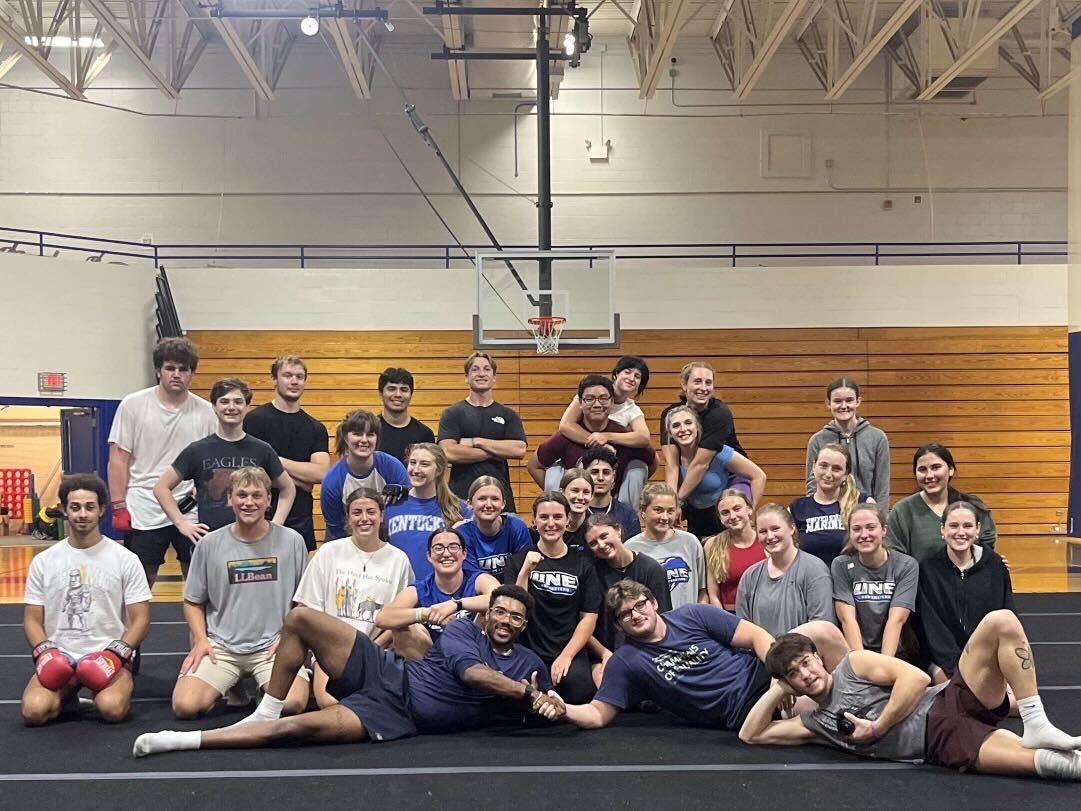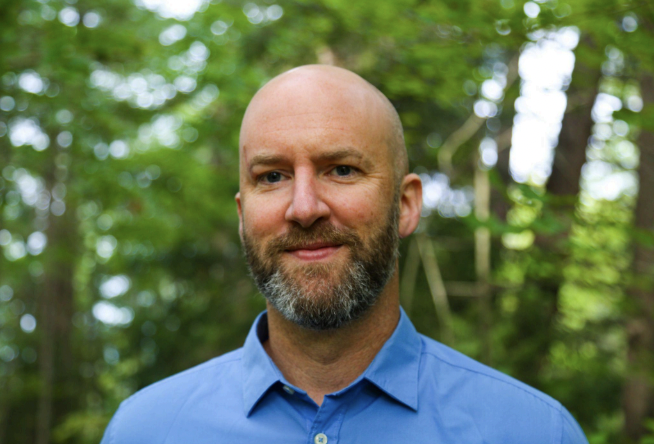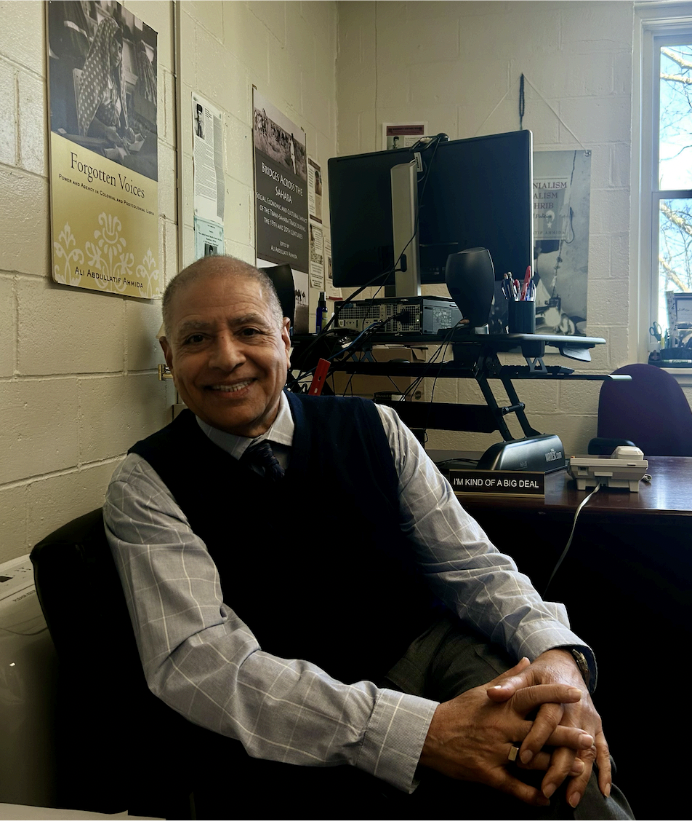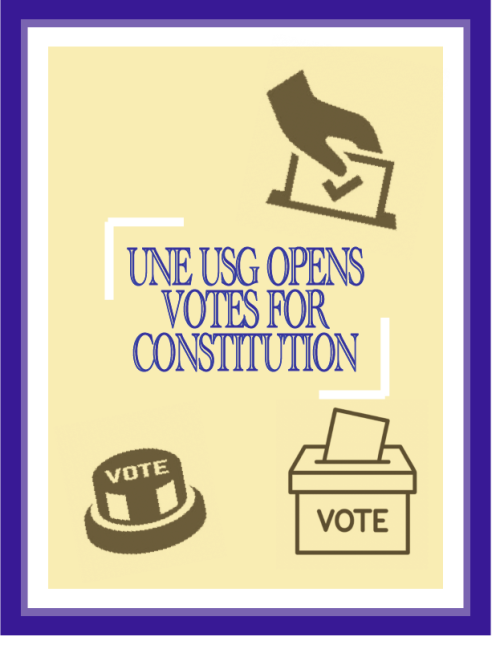UNE, a predominantly medical and science-focused university, continuously works to expand its College of Arts and Sciences (CAS).
As part of the expansion effort, UNE began working with the Center for Community News, a program run through The University of Vermont that “connect[s] student journalists at every stage of life with local news organizations to help build a world in which every community has access to reliable information by and for the people who live there,” their website states.
In July, three students were selected to participate in the year-long community news writing fellowship. The students, Emily Hedegard, a junior English and communications major, Alexa Livingston, a junior environmental studies major, and Skyler Garcia, a senior medical biology major, were paired with various local news organizations.
“This is a huge leap for us given where we were a year ago,” said Michael Cripps, the School of Arts and Humanities Academic Director.
The Center for Community News program has quickly expanded as its director, Richard Watts, actively promotes this opportunity to universities nationally. Currently, the program boasts that “more than 14 million Americans get their news from student reporters.”
Watts initially contacted Cripps late last semester to gauge UNE’s interest. However, Watts’s email ended up in Cripps’ spam folder. By chance, Cripps checked the folder shortly after, and from there, he pushed to bring the fellowship to UNE. And, Cripps was successful!
In late July, students began going through the application and interview processes. An estimated month later, Hedegard was paired with the Portland Press Herald, Livingston with Sanford Springvale News, and Garcia with Saco Bay News.
Over the fall 2023 semester, participating students were given a $500 stipend for writing two articles for their publications. The papers then decided whether or not to publish the pieces. The same process will be repeated for the second half of the fellowship during spring 2024.
Other participating colleges typically frame the fellowship as a credit-bearing internship; however, UNE did not. Instead, the three students did this work in addition to their classes. Livingston, for example, is participating in this fellowship on top of an 8-course schedule.
Despite the tweaks that may need to be made in the future, this is a chance for UNE to supplement the humanities and provide experience to students hoping to have a career in journalism. “You’re the leaders in Maine; you guys are the first,” said Watts, discussing the university’s involvement in the program.
As the first semester of the year-long fellowship comes to an end, Watts held the Community News Conference as an opportunity for the students, CAS faculty, local publications, and others to network and fine-tune the fellowship for next semester.
The group, a total of 15 people, included the Executive Director of the Maine Monitor, Micaela Schweitzer-Bluhm; Carol Coultas of the Portland Press Herald; Liz Gotthelf of Saco Bay News; and Lee and Gail Burnett of the Sanford Springvale News.
Cripps, Mya Hankes, co-editor-in-chief of The Bolt, Jesse Miller, the Writing Fellow Coordinator, and Jonathan Millen, Dean of CAS, represented UNE. Additionally, Jayson Heim and Allen Adams, staff members from the University of Maine, were present.
The group met in Alumni Hall on UNE’s Portland campus. Students shared their experiences from the semester, and their respective newspaper representatives did the same. This allowed Cripps, Miller, and Dean Millen, the highest-ranking minds in CAS, to determine whether the new program is viable for the university.
The conference consisted of a passionate discussion between Watts and UNE’s representatives, with Watts trying to expand UNE’s journalism program and Dean Millen and Cripps explaining their interests and potential obstacles.
The main question posed by Cripps was, “how do we make this sustainable?”
Watts suggested that UNE fosters interest in writing across all disciplines, implementing classes such as business communication, osteopathic communication, dental communication, etc.
Unfortunately, as Dean Millen pointed out, there are insufficient staff to create so many new classes. Watts then countered, asking if hiring assistant lecturers or part-time staff would be viable.
Despite the complications with expanding journalism programs at UNE, efforts are underway to do so. Cripps said that he plans to try to re-up the program next year for students currently participating.
Cripps also suggested the possibility of a reporting practicum in the future: “a three-credit course that meets regularly, but the bulk of the work is at a news outlet,” he explained.
No matter the future changes to be made, this fellowship and subsequent conference represent UNE’s progress toward expanding all aspects of the humanities.
“It’s good for us, it’s good for the students, and it’s good for democracy,” said Watts.



